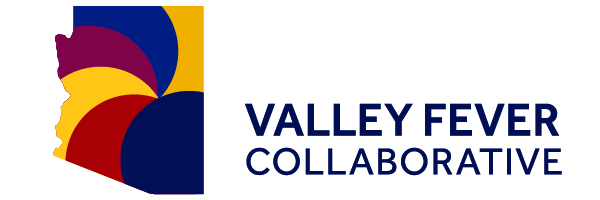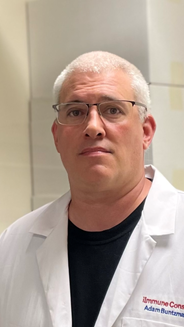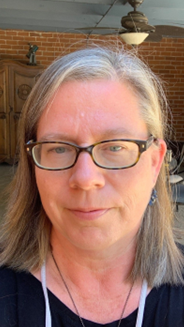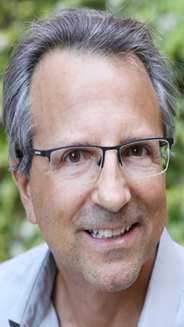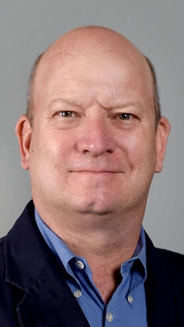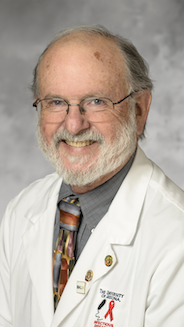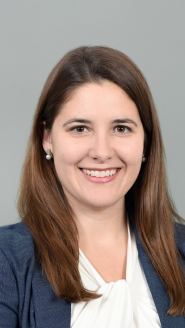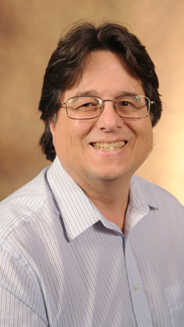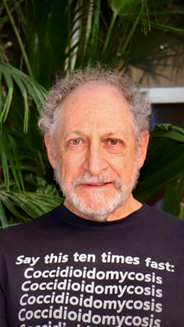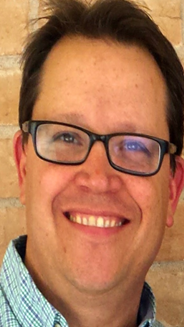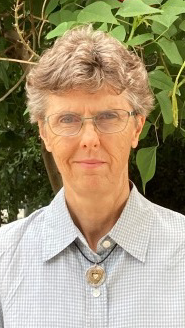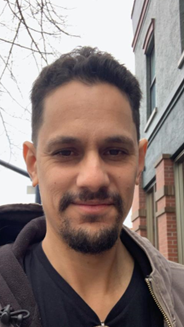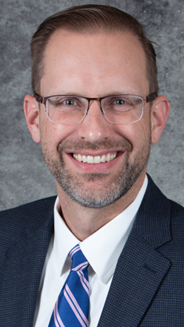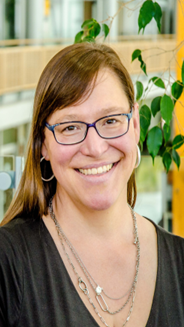
Bridget Barker
Dr. Bridget Barker received her B.A. in Biology and M.S. in Ecological Genetics from the University of Montana and completed her Ph.D. in Genetics at the University of Arizona in 2009 on genomics of Coccidioides spp. She completed her postdoctoral work at Montana State University in Aspergillus fumigatus in the lab of Dr. Robert Cramer. In 2013, she joined the faculty at TGEN-North, and in 2016 she became tenure track faculty at Northern Arizona University (NAU) in the Pathogen and Mi-crobiome Institute (PMI) in the Department of Biological Sciences. In 2020, she was promoted to Associate Professor. Dr. Barker has extensive experience with ge-nomics, bioinformatics, population and molecular genetics, and evolutionary biolo-gy. Her background in microbiology, work with fungal pathogens, and computa-tional biology allowed her to develop and bring these new techniques to the field of Valley Fever research.
